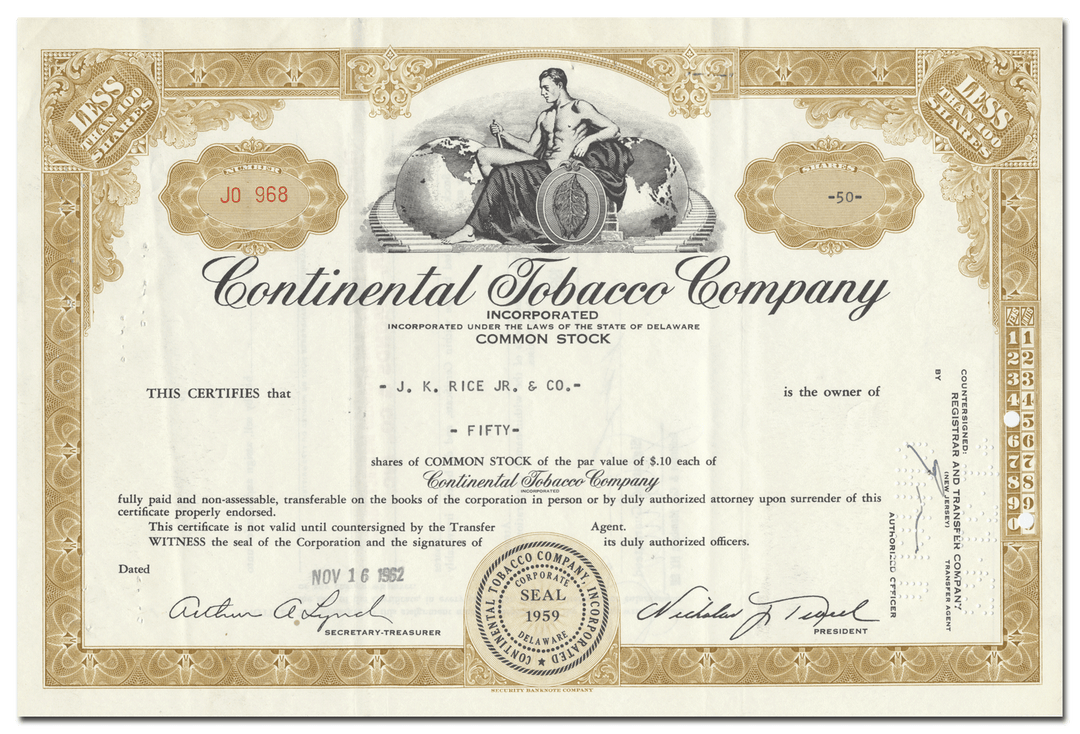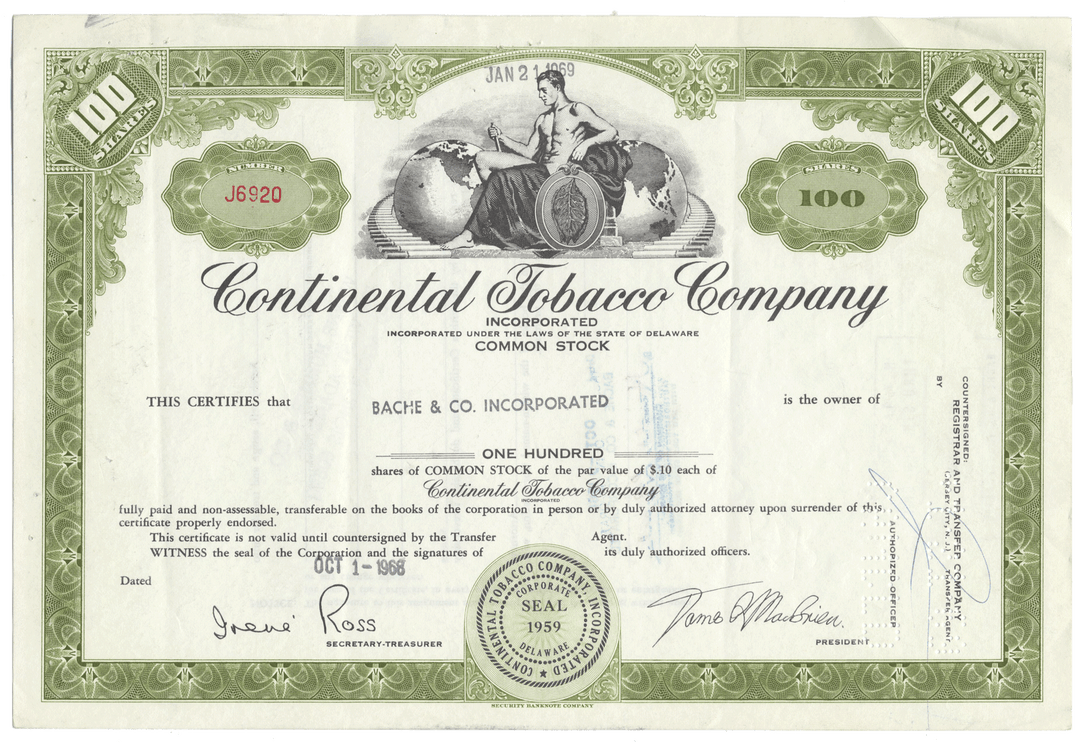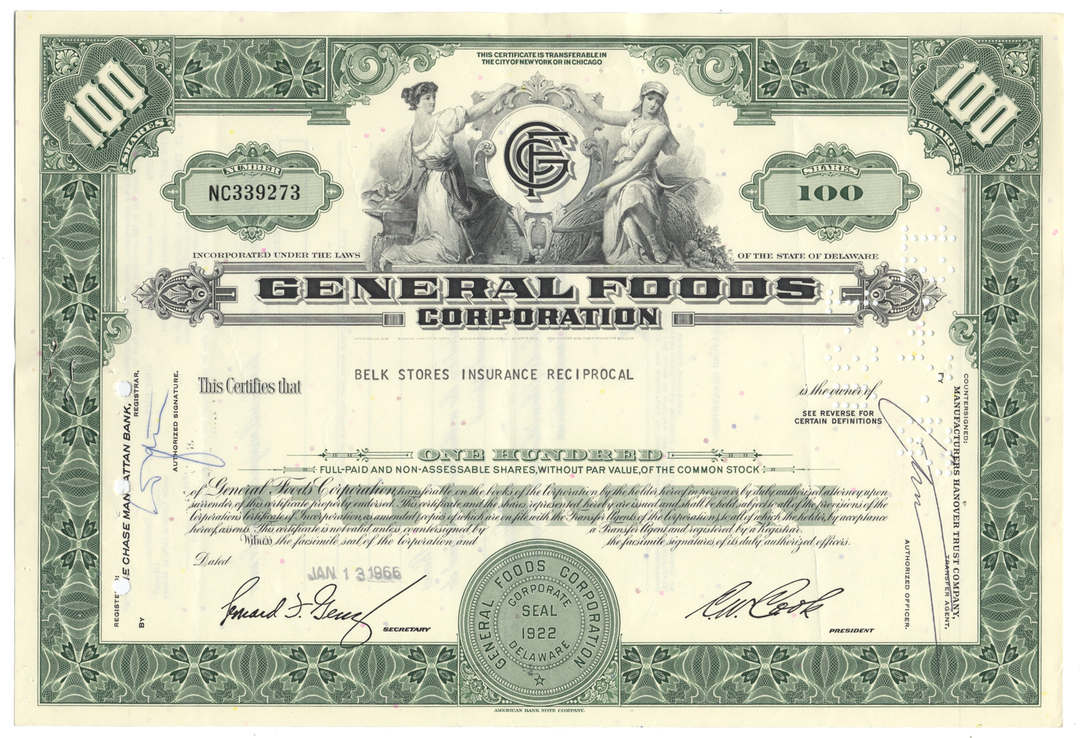
Wheeling, West Virginia
Philip Morris’ eponymous brand was first made in England, United Kingdom; it was introduced to the United States as early as 1847. Philip Morris incorporated in New York in 1902; until 1929, when the company purchased its first cigarette factory in Richmond, Virginia, their brands were made under license by Stephano Brothers of Philadelphia, Pennsylvania.
Philip Morris English Blend was introduced as a non-filter, regular-size (70 mm) brand in 1933 by Philip Morris USA.
To advertise the brand, Philip Morris hired 3-foot, 11-inch tall bellboy Johnny Roventini as their pitchman; through the 1950s on radio, television, and in print advertisements, Johnny would shout out the famous slogan: "Call for Philip Morris!" Also known as Johnny Philip Morris, Roventini essentially became a living trade mark.
The name of Philip Morris English Blend was changed to Philip Morris Special Blend in 1948. In the 1950s, the brand was the sponsor of C.B.S. television’s I Love Lucy show; when it was originally broadcast, the show’s credits would run over a package of Philip Morris cigarettes.
When ”I Love Lucy” was packaged for syndication, images of Philip Morris were replaced with the now-familiar heart on satin seen in the end-credits, though the original images have been restored as an extra for the D.V.D. box-sets of the series.
Philip Morris was introduced in king-size (85 mm) in 1953, in filter, menthol filter and non-filter; the latter was renamed Commanders in 1960. The brown packaging of Philip Morris was first changed in 1955.
The filter varieties were relaunched in 1963 (as Multifilter, featuring a charcoal filter) and 1966 (in Menthol); uniquely, they were both sold in plastic boxes. The non-filtered versions of Philip Morris are still made today by its parent company.
The brand is still made and sold by Altria in Argentina, the European Union, Japan, and Uruguay. In Canada, Philip Morris was originally made by the Tuckett Tobacco Company, which had bought out Philip Morris' Canadian subsidiary early in the twentieth century.
Tuckett itself was bought by Imperial Tobacco Canada in 1930, although it continued manufacturing until 1966, when Imperial shut down the Tuckett factory and took over its brands. The last survivor in Canada of the Philip Morris brand, the king-sized, plain-end version, was discontinued in the early 1990s.
Nowadays the brand is the 15th best selling international brand and Philip Morris' sixth largest international brand, with a volume of 36 billion cigarettes sold in 2016, and the brand is sold in over 40 countries worldwide.









